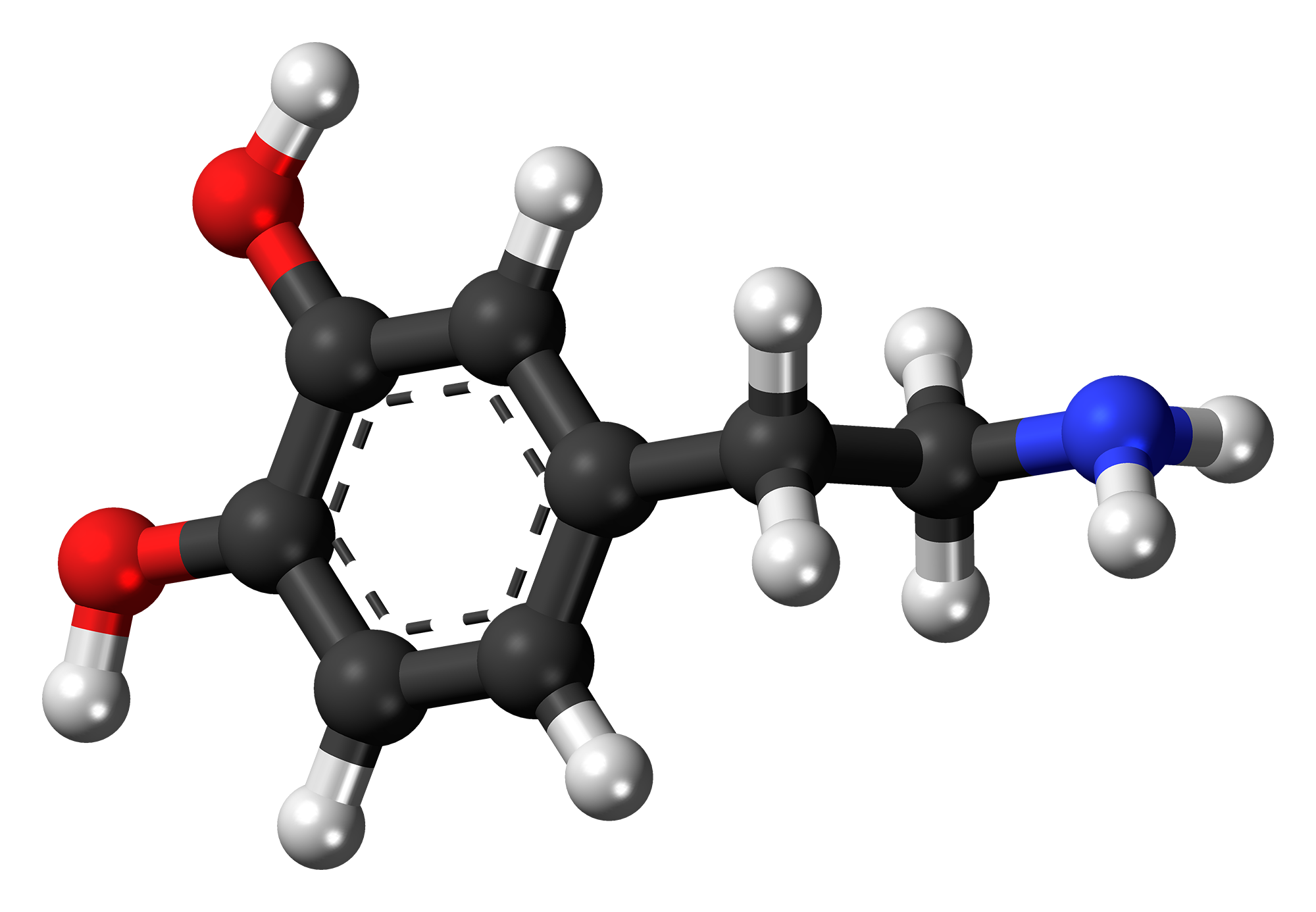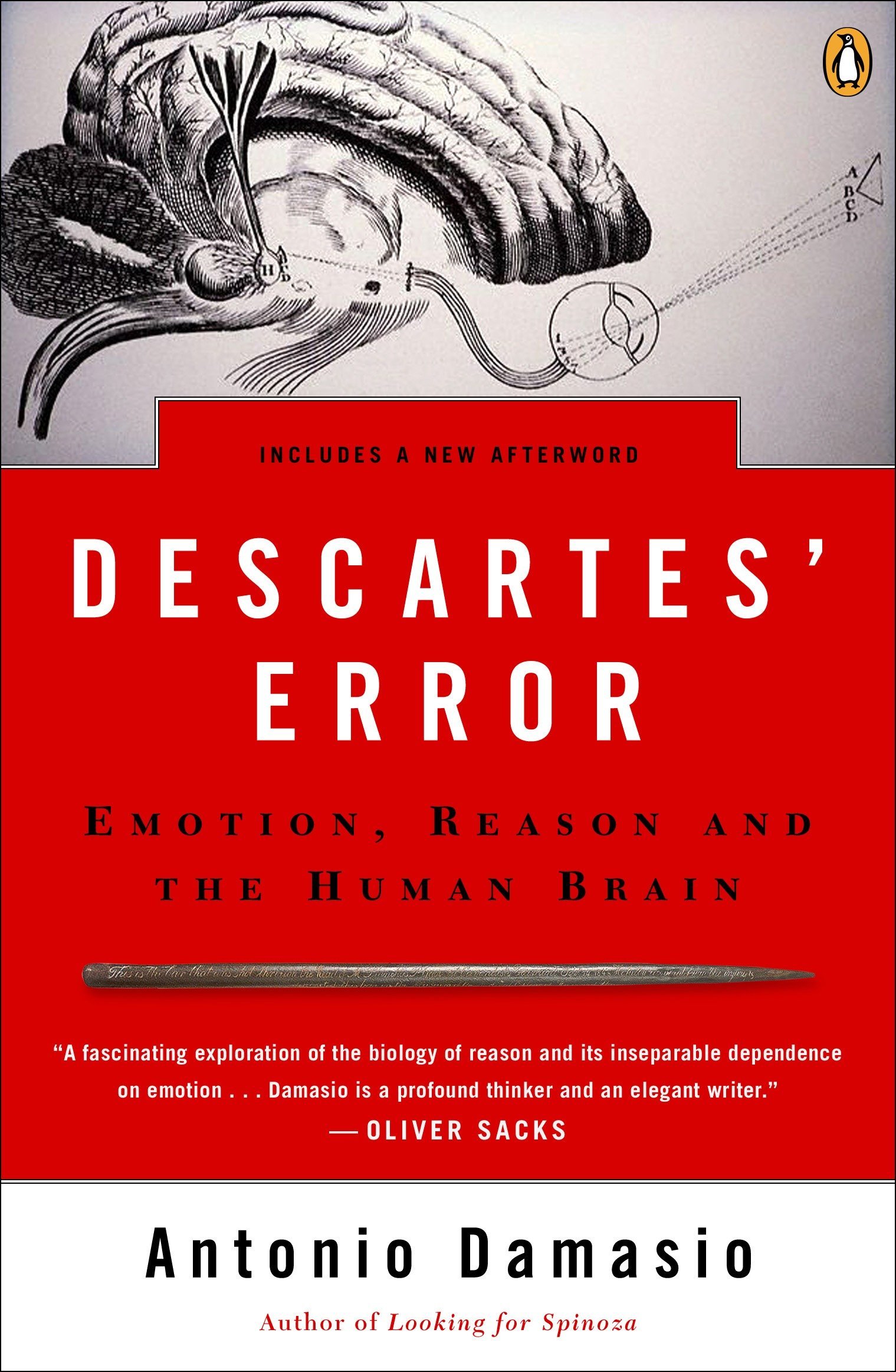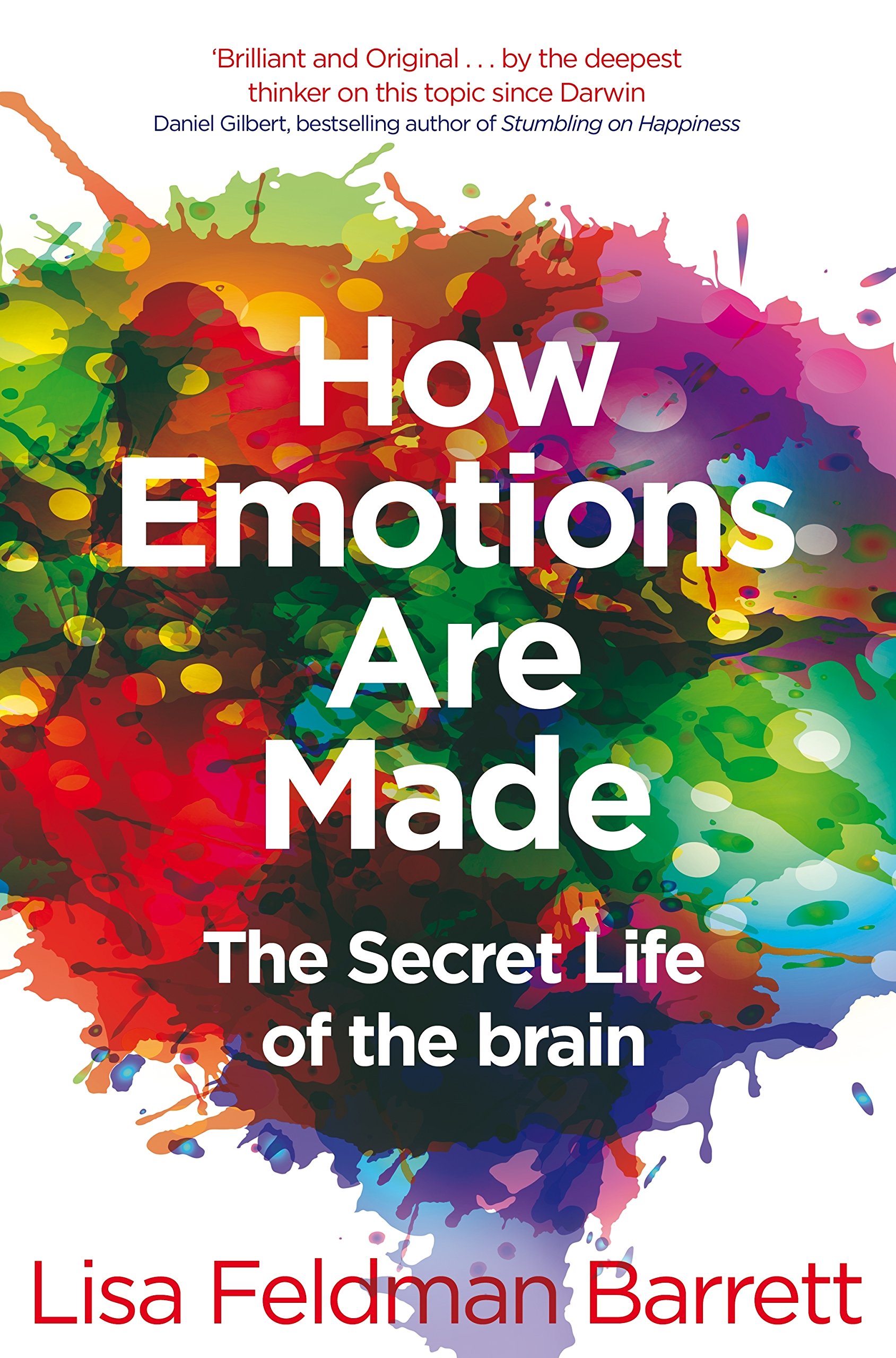The Trolley
(Pt. II)

Although many philosophers used to dismiss the relevance of neuroscience on grounds that what mattered was “the software, not the hardware”, increasingly philosophers have come to recognize that understanding how the brain works is essential to understanding the mind.
~Patricia Churchland
Bad blood
As we've seen, Kantian deontological reasoning routinely comes to a head with Utilitarian consequentialist reasoning. They've differed on how to assign moral personhood (whether it be through sentience or through the Rational Being criterion), about what our basic approach to sex should be (whether it be more liberal or more conservative), the justification behind capital punishment (whether it be for the sake of deterrence or retribution), the morality of animal use, whether we must earn-to-give or simply give what we feel is right (since charity is only an imperfect duty for Kant), the permissibility of recreational drug use, and the morality of physician-assisted suicide. Today we let these two have one last battle.1

A dopamine molecule.
Today we are first covering the only clearly empirical claim that utilitarians unambiguously make and it so happens to be a pillar of their view: hedonism. Recall that this is the view that the only thing that humans intrinsically value is pleasure/happiness. This is not to be confused with a related claim: moral naturalism. This second claim asserts that moral properties just are physical properties. It is the combination of these views that gives utilitarianism its argumentative force. The strategy for the utilitarian is to first get you to agree that all that humans intrinsically desire is pleasure (hedonism) and then to agree that this physical property of pleasure is the moral property of goodness (naturalism). This makes you realize that all humans really want good. You throw in some collectivist consequentialism, and the result is that what is morally right is what maximizes happiness for all sentient beings involved.
Utilitarians also make non-empirical claims, some of which we just mentioned. Let's list them off. Consequentialism is the claim that questions of moral rightness or moral wrongness depend on the consequences of the act in question; this, utilitarians claim, is an intuitive truth—something that just seems intuitively true. Most utilitarians also endorse empiricism: the view that the best method for learning about the world around you is through the senses and with the aid of observation and experimentation. In a word, science is the best way to discover what the world is like. Empiricism comes in handy for utilitarians when discovering which actions do in fact produce the most utility. Collectivism (as opposed to egoism) is the view that when making moral judgements you should take into account the well-being of all persons who will be affected, not just yourself. And of course there's moral naturalism: moral properties are actually physical properties.2
What does this mean for us? It means two things. First, empirically-speaking, we can only really assess the truth of hedonism. The other tenets require philosophical argumentation, not empirical validation. Second, it turns out that hedonism and naturalism are orthogonal, or philosophically independent. If it turns out that hedonism is true, this doesn't mean that naturalism is true by default. We still need an argument for naturalism. In fact, as we've seen, moral naturalism has always been the weak link for utilitarianism. G.E. Moore argued against moral naturalism in his Open Question argument. Even the moral skeptics, who are all about "biologicizing" the study of ethics, are not impressed by naturalism in ethics (see Joyce 2016: 6-7 or review the lesson titled The Trolley (Pt. I)). Nonetheless, if hedonism turns out to be false, this looks pretty bad for Utilitarianism, since it would mean that their one empirical claim turns out to be false. Even DCT did better than that. So, is hedonism true? Let's review the relevant empirical data now.
Stumbling on Happiness
Positive psychology is a growing field with many interesting viewpoints and insights for how we should live our lives. That field, however, is best studied in a psychology course. Here I will only bring up a topic that is relevant to our undertaking: affective forecasting errors. Let me introduce this topic with a question. Do you know what will make you happy? Per the work of Daniel Gilbert, synthesized in his 2007 bestselling book Stumbling on Happiness, the answer is simple: No. You reliably make incorrect predictions about how you will feel in the future, and hence you reliably make mistakes about what will make you happy (see also Wilson and Gilbert 2003). Let's look at some examples.

In one famous study, subjects were put into two groups. Both groups were asked to rate two posters and were gifted the one they liked most. One group, however, was asked to give reasons for their preferences, while the other group didn’t have to. In other words, they had to think about why they liked the poster they chose; they had to ask themselves, "Why does this poster make me happy?" Contacted 3 weeks later, those who gave reasons for their preference were less satisfied than those who didn’t. In other words, if you had to think about why you like something, you were likely to get it wrong; you're better off going with your gut (Wilson et al. 1993).
I can go on with studies like this forever... We consistently overestimate how happy we’ll be on our birthdays (Wilson et al. 1989). We consistently underestimate how happy we’ll be on Mondays (Stone et al. 2012). We expect dramatic events to negatively affect us much longer than they actually do and subtle events to not negatively affect us for long at all (Wilson & Gilbert 2003), such as when female subjects overestimate the negative affective impact of hostile sexism and underestimate the negative impact of more subtle sexism (Bosson 2010). Most people expect to regret foolish actions more so than foolish inactions (Kahneman & Tversky 1982), yet people are more likely to actually regret things that they didn’t do rather than things they did (Gilovich & Medvec 1995). Although parents often report that their biggest joy in life is their children, having children, on average, leads to a deterioration of relationship quality (Doss 2009) and relationship quality is the greatest predictor of overall life satisfaction (Diener 1999). It is also the case that gym goers were more likely to rate the unpleasantness of the hunger and thirst associated with being lost during a hike as high if they were surveyed towards the end of their workout, as opposed to at the beginning of it (Loewenstein 2005). This means that they were confusing how they were actually feeling at the end of their workout with how they would feel had they actually been lost during a hike. In other words, they were confusing how they felt in that moment for what they were actually asked to imagine. So, in sum, humans confuse how they feel right now for how they feel about life in general (Schwarz & Clore 2003). Affective forecasting errors are very real. Makes you think twice about those life decisions you're making right now...


Kant vs. Utilitarianism
What does this data mean for us? This at least appears to look bad for Kantianism. It appears that when we prospect (i.e., when we think or reason about the future), we reliably make mistakes about how we will feel. This implies that it is possible that when we attempt to universalize a maxim in our minds, we might be making errors as to whether a maxim should be universalized or not. Although Kant claims that we don't need to think about actual consequences to learn whether an action is right or wrong, this appears to be false. Clearly, when considering whether a maxim is universalizable, we are thinking of possible consequences, and this mental process seems to be very inviting to affective forecasting errors.

A roborat.
With regards to the utilitarians, this data does not, it appears, disprove hedonism. This data only shows that we make mistakes about what will make us happy, not that we don’t want happiness. As a matter of fact, neuroscience has repeatedly shown that human behavior is very much intertwined with the workings of the reward system in the brain (Berridge & Kringelbach 2008). In fact, data that we've seen previously (in The Jungle) might back-up utilitarianism. If you recall, we covered roborats—rats that had neurological implants that allowed researchers to remote control them. Where were the neurological implants connected? To the rat's reward center. In other words, if you want to make a rat do something, you control the input to their reward center, also known as the pleasure center.
Is it the case, however, that pleasure is the only thing that humans value? Moreover, how should we understand the word value? Do we mean that pleasure is the only thing that humans want? Or do we mean that pleasure is the only thing that humans find to be good? Notice please that these are not the same question. If you believe they are the same question, then you have accepted moral naturalism. But recall that we need argument for moral naturalism—one that hasn't yet arrived. And so what can we do? Perhaps we must leave this as an open question.
Food for Thought
Trolleyology
The feud ends...


Shattered dreams
Does this mean that radical moral skepticism takes the title? It certainly is the case that radical moral skepticism is not an ethical theory; it is a combination of an ethical theory (moral sentimentalism) and various meta-ethical positions (non-cognitivism, justification skepticism, and moral error theory). In addition to these, recall, a moral skeptic might also subscribe to moral nativism. In this final unit, however, we are only assessing ethical theories given the available empirical data. Thus, it behooves us to take a final look at moral sentimentalism and see if it survives our empirical filter.
Moral sentimentalism is the view that emotions and desires, as opposed to reason, play a leading role in the anatomy of morality. This is to say that the dominant role in moral judgment is played by the emotional parts of the brain, with empathy playing a pivotal role. As it turns out, under experimental controls, emotion does appear to be pervasive during moral decisions (Prinz & Nichols 2012). In fact, we've already reviewed some of this data:
- We make harsher value judgments when we breathe in foul air (Schnall et al. 2008).
- We make harsher value judgments when we have recently had bitter (as opposed to sweet) drinks (Eskine, Kacinic, and Prinz 2011).
- Good smells appear to promote prosocial behavior (Liljenquist, Zhong, and Galinsky, 2010).
- Washing your hands before filling out questionnaires causes you to be more moralistic (Zhong, Strejcek, and Sivanathan 2010).
- Answering a moral questionnaire near a hand-sanitizer dispenser makes you temporarily more conservative (Helzer and Pizarro 2011).
- A person’s tendency to act dishonestly can be enhanced by their wearing sunglasses or being placed in a dimly lit room (Zhong et al. 2010).
- Moral opinions can be made more harsh if there is a dirty tissue nearby (Schnall, Benton, et al. 2008).
In all of these examples, the subjects feelings were manipulated. Subjects were made to feel either more (or less) disgust, feelings of cleanliness, and feelings of anonymity. In each of these experiments, it was manipulating the feelings of subjects that had the greatest predictive effect on what kinds of moral judgments they would make. The verdict is in: there's something right about moral sentimentalism.

Or perhaps we should say that Hume and Smith were definitely right about some things. Hume, for example, wrote that reason is (and ought to be) only the slave of the passions. In other words, our emotions/feelings are what drive us; reason just figures out the directions. Hume not only thought this was descriptively true, i.e., that's how it actually happens, but he also thought that this was the best way. Of course, during his lifetime, he was seen as an infidel and a skeptic, and this particular view did not mesh well with the Enlightenment ethos in which Hume lived. But now, the mind sciences seem to be vindicating Hume.
Although the distinction between reason and emotion has been a truism from Plato to Descartes—and then some—recent research in neuroscience undermines this view substantially. For example, Antonio Damasio (2006) hypothesizes that, as you consider a complex decision, there are, however fleeting they may be, gut feelings associated with the different plans of action you are reasoning about. Damasio calls these somatic markers. Some of these somatic markers serve to eliminate certain trajectories from the analysis. Put plainly, these gut feelings make inferences possible by limiting the range of options that must be calculated, thereby enabling the information-processing that is required for our everyday existence in a reasonable amount of time—time being of the essence for much of our evolutionary history. So, feelings play a pivotal role in information-processing. Not only is there no hard distinction between affect (which is what neuroscientists call feelings/emotion) and reason, but it turns out that both are required for normal cognitive functioning. Kant's Pure Reason is probably fantasy; meanwhile, Hume and Smith were on to something. Affect is in charge.
“Automatic processes run the human mind, just as they have been running animal minds for 500 million years, so they're very good at what they do, like software that has been improved through thousands of product cycles. When human beings evolved the capacity for language and reasoning at some point in the last million years, the brain did not rewire itself to hand over the reins to a new inexperienced charioteer. Rather, the rider (language-based reasoning) evolved because it did something useful for the elephant [the automatic, affect-based system]” (Haidt 2012: 45-46).
Ah, but if only it were so simple. To explain moral judgment in terms of emotions, as the moral sentimentalists do, is of course only to kick the can down the road. This is to say that to truly understand moral judgment, if they are fueled by moral emotions (like disgust and anger), then we must know the evolutionary rationale for emotions. In other words, we have to get a solid grasp on why our particular emotional profiles evolved, as well as on the mechanics behind moral emotions. A discussion of the evolution of emotions is not, however, how I want to end this course—although I do recommend Patricia Churchland's recent Conscience: The origin of moral intuition. What I'd like to do instead is cast doubt on the traditional conception of emotions.

There is, it appears, a quiet revolution occurring in the science of emotion. This is led by Lisa Feldman Barrett, one of the most highly cited psychologists today. In her (2017) How emotions are made Barrett calls into question the classical view of emotion—that humans are pre-loaded with innate emotions and that each emotion has a distinct pattern of physical changes in the face, body, and brain. This admittedly intuitive conception of emotion is that our emotions and feelings are a response to the external world. In this view, the human mind has a built-in assortment of mental faculties, each with its own separate function, and the capacity for a range of emotions is one of these faculties. Throughout history, this emotion faculty has been referred to in different ways (e.g., the passions), but it has generally been considered separate from the reasoning faculty. The theory assumes that as we process input from the external world, our emotion faculty gives rise to a particular feeling or emotion that is realized in the brain through a particular activation of neurons and throughout the body as a predictable collection of physiological changes.
Barrett’s theory of constructed emotion, however, seeks to refute the classical view on emotions. According to Barrett’s view, emotions are categories. These categories are not innate; they are learned statistical averages of the coupling of social environments and information from the interoceptive system, the system which provides a sense of the internal state of the body. Rather than being a response to the world, as in the classical view, emotional categories are actually our constructions of the world. In other words, by cognizing these emotional categories, we can make sense of the world. Counterfactually, if not for the cognizing of emotional categories, we would be experientially blind in many social contexts; i.e., we would not have the requisite concepts to understand our sensory input.
Obviously, a complete account and defense of Barrett's arguments and evidence cannot be given here. Those arguments and that evidence are for another class and perhaps another teacher. Suffice it to say that if Barrett is right, Hume and Smith's account of moral emotions is in deep trouble.
We can go no further. We must console ourselves merely with the knowledge that our survey of the empirical literature is over. Our result is that no ethical theory remains unscathed by the tsunami of empirical data available today. It is important to also note, though, that it is not only philosophy that leaves us with more questions than answers. The social sciences and the mind sciences seem to also leave us begging for more information, more experiments, and more data. The world, as it turns out, is difficult to grasp and more complex than we could've ever imagined. Thankfully, evolution has fashioned us with curious brains. Thus, I fully expect that we will continue to endeavor to understand reality as it truly is, in the hopes that one day we will understand ourselves, the world, and our place in it.


Utilitarianism makes a series of conceptual claims (e.g., moral naturalism, consequentialism, etc.) but only one unambiguous empirical claim: that pleasure is the only thing that humans intrinsically value.
Affective forecasting errors, which are errors in our predictions about how we will feel in the future, appear to cast doubt on Kant's project, but not necessarily on utilitarianism.
The fMRI studies conducted by Joshua Greene and his colleagues lend credibility to the view that moral judgments are by-products of evolutionarily-evolved cognitive mechanisms that help us navigate the social environment. Per Greene, this debunks the theories, rendering them both untenable.
Moral sentimentalism also faces empirical problems. In particular, Lisa Feldman Barrett and colleagues are arguing that emotions are not what David Hume and Adam Smith thought they were. Her view is that emotions are not built-in but are actually learned statistical averages—a view which (if true) upends moral sentimentalism.
FYI
Suggested Reading: Joshua Greene, From neural ‘is’ to moral ‘ought’: what are the moral implications of neuroscientific moral psychology
Supplemental Material—
-
Video: Talks at Google, Joshua Greene
-
Audio: Radiolab, Chimp Fights and Trolley Rides
Advanced Material—
-
Reading: John Doris, Moral psychology: Empirical approaches
Footnotes
1. Admittedly, Kant comes into this battle severely weakened. While some of the empirical claims that he made were accurate, in particular some regarding the nature of the universe and the solar system, other empirical claims have been shown to be false (see Footnote 1 from The Enigma of Reason).
2. Recall from the lesson titled Playing God that there are various ways of being a non-egoist. One can subscribe to extensionism (e.g., Peter Singer extends the moral community to all sentient beings), biocentrism (e.g., Kenneth Goodpaster extends the moral community so as to include even plants); and ecocentrism (e.g., Rod Nash argues that even rivers and land ought to have moral—and legal—rights).

